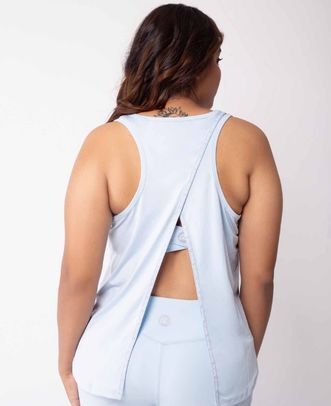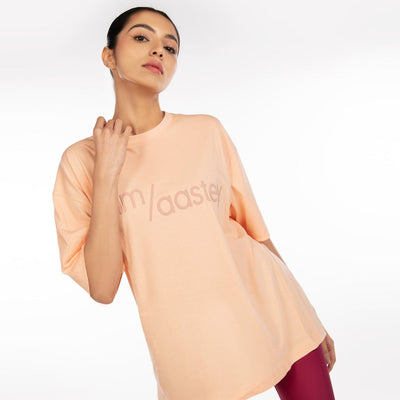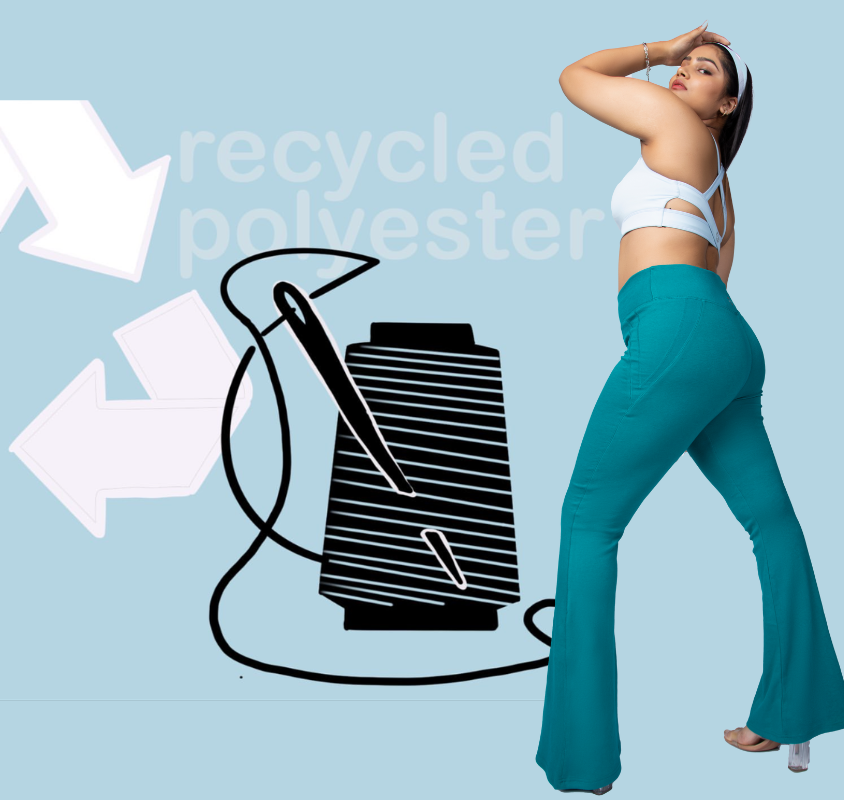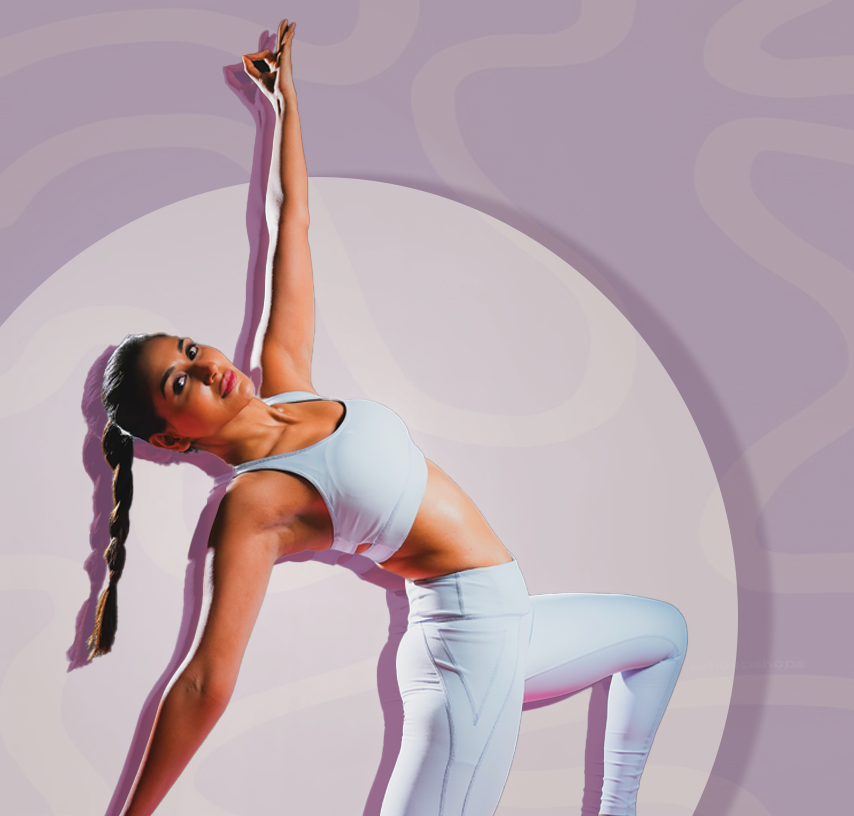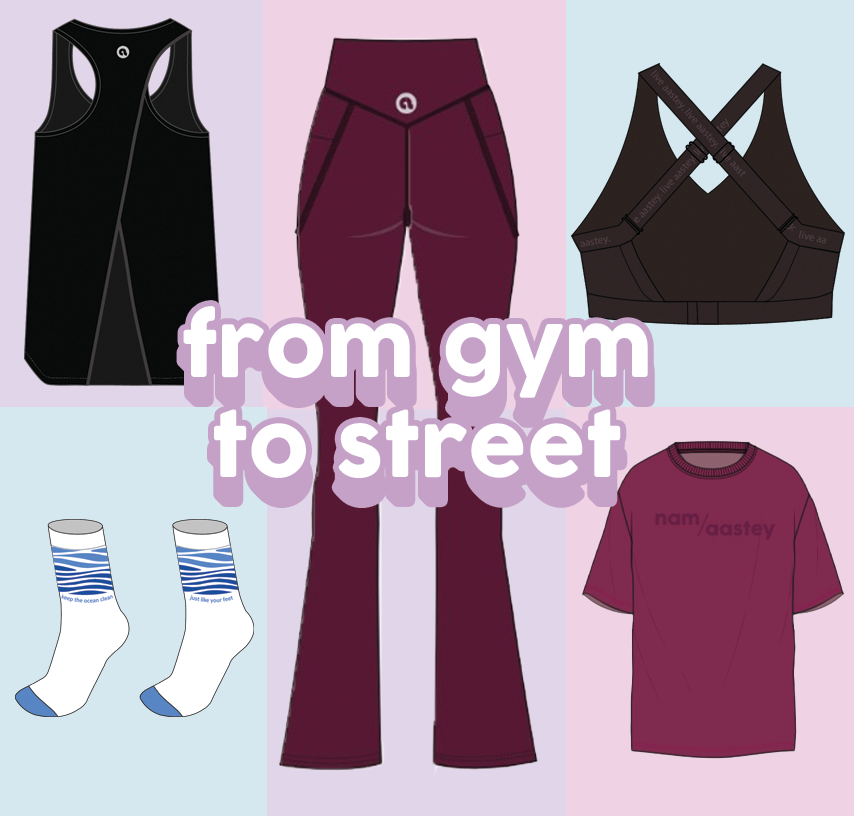can we all remember the time cleaning was synonymous with punishment? yes, we do. but while we were grudgingly tidying our rooms, some people took it upon themselves to become experts in the art of cleaning. art you say? how is that even possible? well, let’s take a look at who are these people and how is it driving a change in our society.

who are cleanfluencers?
you have probably already seen videos of tips and tricks on how to keep our houses clean and organized. with the 2020 lockdown and many people having no choice but to rely on themselves to keep their houses clean, these cleanfluencers rapidly expanded in the social media space.

whether it’s Tik-Tok videos, Instagram reels, or YouTube shorts, their easy hacks, and tricks have made daily chores faster and easier.
the decluttering movement and minimalism
but you might be thinking what does a group of influencers sharing cleaning tips have to do with the fashion industry. well, it is no coincidence that a wave of decluttering content inspired by our cleanfluencers has triggered a trend to follow the “low desire life” or a minimalist lifestyle.

a minimalist lifestyle essentially refers to needing fewer resources for living an adequate life. Gen Z, especially in countries like China is choosing to shop responsibly and live more sustainably while following the principles of minimalism. In 2021, Alibaba’s singles day sales failed to achieve double-digit year-on-year growth for the first time. searches for wardrobe organization and decluttering content tripled from 2019 to 2021 in China.
be assured that India is not very far behind and interior designers and fashion brands are taking note of it. experts believe that brands should not ignore the shift towards buying lesser. decluttering is not just about clearing clutter in our homes.
our homes are a reflection of our mental state. in a way, this movement has come as a reaction to decades of overconsumption and hoarding our homes with things we do not need and our minds with options that we do not need require.
the future for the fashion industry
no industry can be a better example of overconsumption than the fast fashion industry. the need to keep up with fast-changing trends with a thruway culture of cheap clothes has created millions of tonnes of waste all around the world. imagine, a world where we do not have a trend cycle, where we do not need to chase fashion trends for superficial validation. instead of throwing our clothes, we could exchange them or upcycle them.
many experts believe that this could be the future of fashion and refer to it as degrowth.

while we still have a long way to go to actually bring this to life, the rise of cleanfluencers shows that society is looking for ways to reconcile with the years of rampant overconsumption. as people are looking for ways to declutter their lives, designers are looking to have smaller, tailor-made operations.
consuming less and reorganizing our lives is the only way we can deal with the climate crisis and whether we want it or not, the choices that the fashion industry makes will matter in the long run.
so, let’s try decluttering our spaces and making our small contributions. because every step counts.
live sustainable. live aastey.

